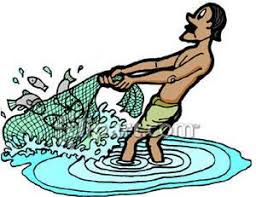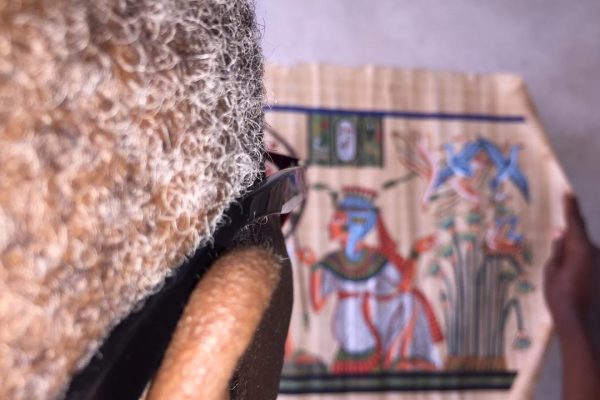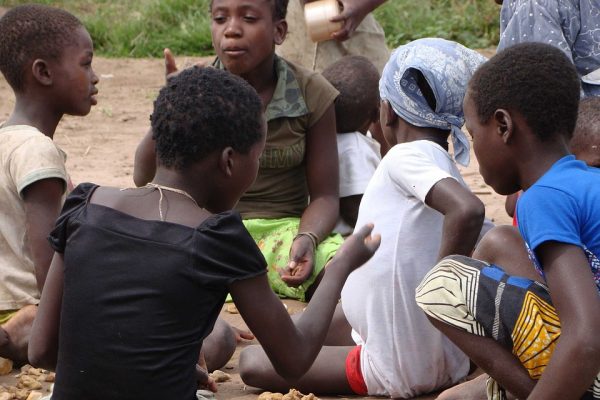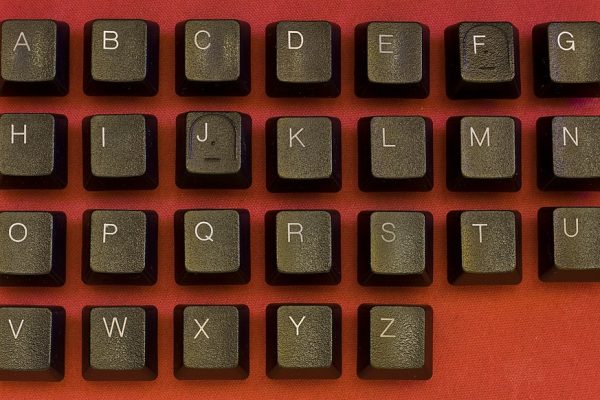The Igala race has, down the ages, traded with neighbours far and near, transiting from one legal tender to the other, beginning with the ‘barter’ system. Time was when cowry shells (ẹ́yọ́-ọkọ́), were obtained from the Maldives Island on the Pacific Ocean and used as a medium of exchange worldwide. Thereafter, brass or copper bracelets (údẹ) came, doubling as both a legal tender and body ornaments. Then came the era of printing and minting of […]
Origins: Genealogy Bonds Ethnicities
Like twin infants exchanged in their cots in a maternity ward at birth, groups of ethnic nationalities in my African country act like strangers to one another. Whereas, if they were a bit more careful, they would know that there is a supernatural bond of common patrilineal ancestry tying them together. If they had carefully studied these so-called strangers’ family pedigrees, their peculiar animal totems and traces of lexical commonalities between their two languages, they […]
Igala Grammar: Vowels and Tones
THE SEVEN IGALA VOWELS IN DETAIL Igala vowels are not static. Rather, they are highly mobile, as they alter their sounds frequently in speech. For instance, a high-sounding vowel is used when a speaker suddenly realizes that he has mistakenly left something behind; and he exclaims: “Óóó! Ú gbényọ́ọ̀!” (Oh, I forgot). Note that the speaker’s voice pitch is high. The next minute, he is responding to a proposal; and he gives his consent, saying: […]
Igala Grammar: Parts of Speech
A major impediment to in-depth study of African languages is the absence of metalanguages for studying them in schools. This consciousness has elicited a patriotic response from concerned Igala linguists and ‘linguistic engineers,’ who have come together to lay a foundation for the scientific study of Igala language, starting with creating a metalanguage that will facilitate learning. Their first preoccupation was the coinage for the English word, ‘grammar,’ as Ọ̀kpàkpà-Ùkọ̀là (Correct Use of Words). Based […]
The Igala Alphabet
P.A. Ogundipe, C.E. Eckersley and M. Macaulay, co-authors of Brighter Grammar Book 1 (1983), define grammar as ‘the art of putting words in the right places.’ Igala language is richly-structured; and it is spoken with relish and a sense of national pride, In spite of its verbal fluency and poetry, the language is yet to be sufficiently described, as evidenced by the conspicuous absence of an effective Igala equivalent for the English word, ‘grammar,’ hence, […]





